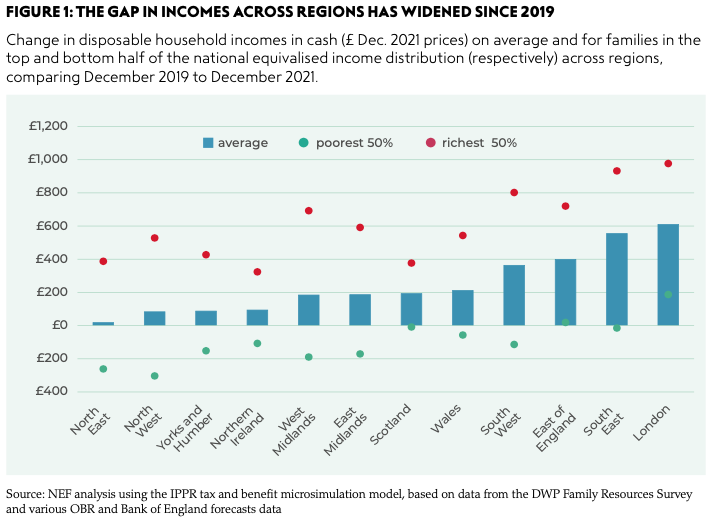
.@UKLabour’s call to freeze the #energypricecap is a bold measure that grasps the scale of the crisis we’re facing.
Millions of families that simply cannot afford to pay more for energy wouldn’t need to live in fear of further hikes.
1/6
Millions of families that simply cannot afford to pay more for energy wouldn’t need to live in fear of further hikes.
1/6
And recent @NEF analysis shows that a 20% #windfalltax on excessive profits & closing of loopholes would raise £14bn. It’s a no-brainer.
2/6
2/6
This package should be accompanied by a boost to social security to ensure a real safety net for those who need it - including direct payments to households that are already struggling with the April price rise & increasing cost of food, rent, travel and other essentials.
3/6
3/6
And we need to see big long-term reforms of the energy market to build our resilience in the future including:
1. A #GreatHomesUpgrade to insulate all our homes and reduce the demand for energy.
4/6
1. A #GreatHomesUpgrade to insulate all our homes and reduce the demand for energy.
4/6
2. Uncoupling the price of renewables and #fossilfuels, and flooding the market with cheaper renewables.
3. A permanent social tariff that will provide low income households with low cost energy, funded by a cap on energy profits, to follow the #windfalltax.
5/6
3. A permanent social tariff that will provide low income households with low cost energy, funded by a cap on energy profits, to follow the #windfalltax.
5/6
4. Breaking up the dominance of the big fossil fuel companies & creating co-operatively run companies to produce and sell renewables & nuclear energy.
This would mean that the #energysector of the future is owned by us, and works in the interest of people and the planet.
6/6
This would mean that the #energysector of the future is owned by us, and works in the interest of people and the planet.
6/6
• • •
Missing some Tweet in this thread? You can try to
force a refresh






